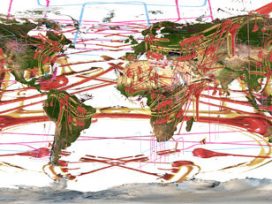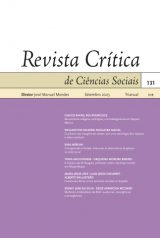is the Ralph Lewis Professor of Sociology at the University of Chicago, and entennial Visiting Professor of Political Economy in the Department of Sociology at the London School of Economics. Her most recent publications include: Territory, Authority, Rights: From Medieval to Global Assemblages, Princeton University Press 2006; and Denationalization: Territory, Authority and Rights, Princeton University Press 2005, based on her five year project on governance and accountability in a global economy. Her other works include: Guests and Aliens, New York: New Press 1999; and her edited book Global Networks/Linked Cities, New York and London: Routledge 2002. The Global City came out in a new fully updated edition in 2001. Sassen’s books have been translated into twelve languages. She is co-director of the Economy Section of the Global Chicago Project, a Member of the National Academy of Sciences Panel on Cities, a Member of the Council of Foreign Relations, and Chair of the newly formed Information Technology, International Cooperation and Global Security Committee of the SSRC.





